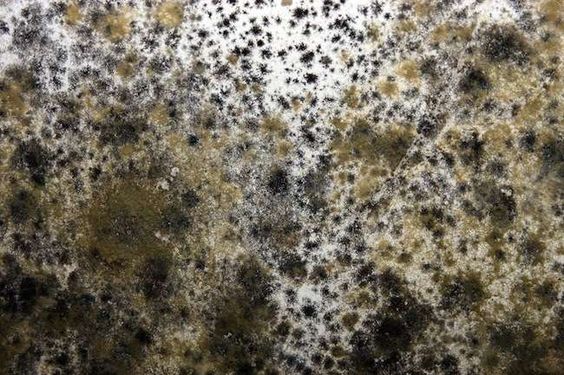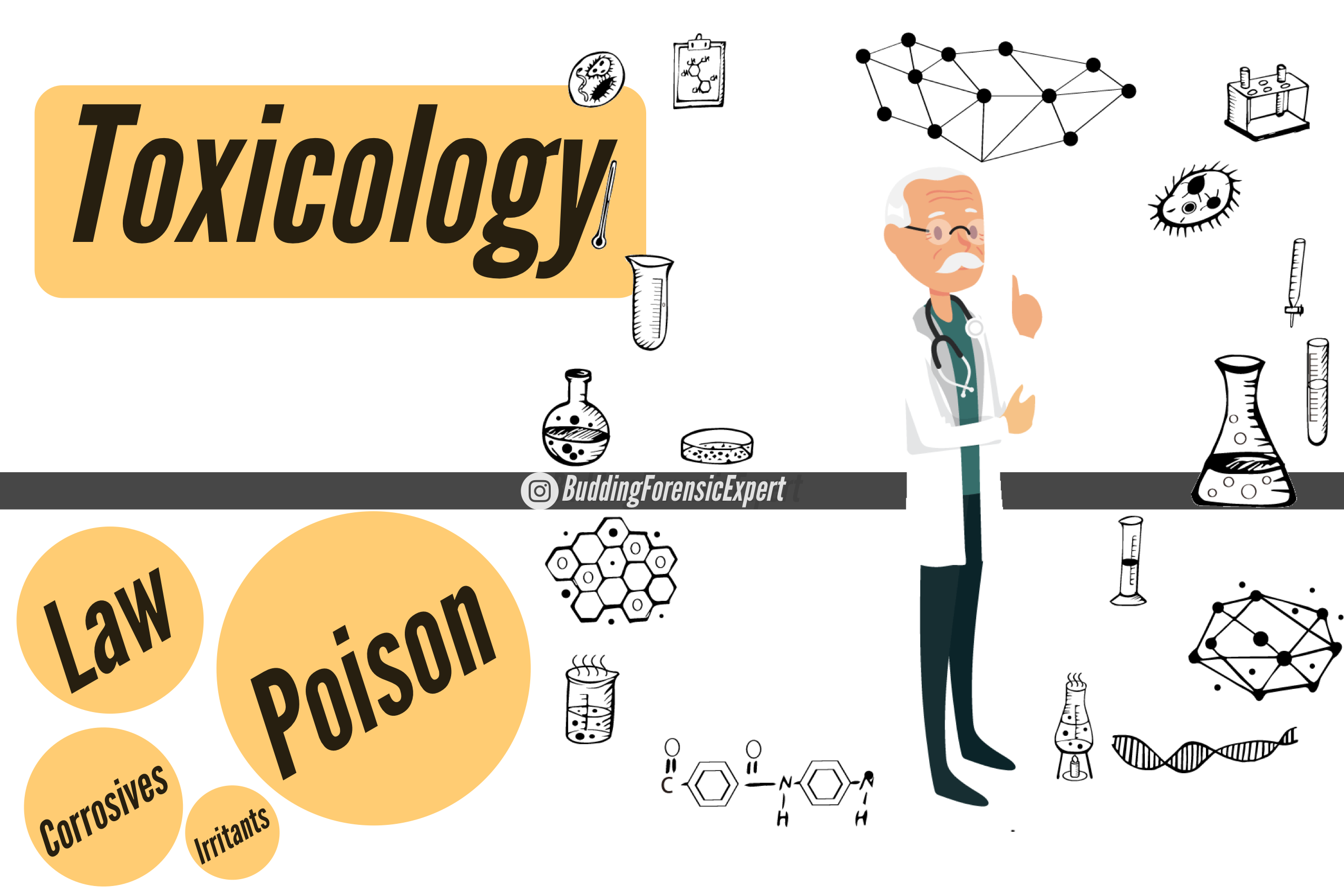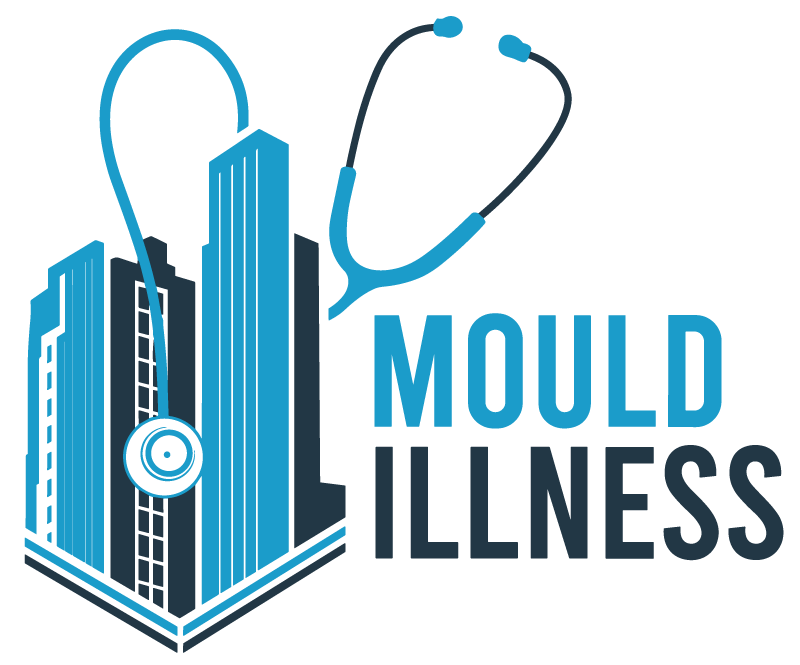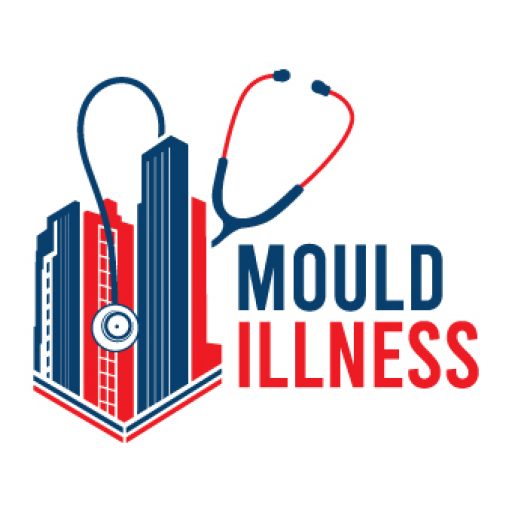Mould illness

Is it really Mould illness?
Mould Illness Care & Cure
In the CIRS consensus document of which Jeff was a co-author, over 30 triggers are now recognised symptoms of Mould exposure but this list can be extended when we identify other triggers such as bacteria and chemicals.
Mycotoxins have long been associated with mould illness, but they may be responsible for less than 12% of symptoms when measured against other typical contaminates present in the home.
Water damage is a recognised as a major cause of mould, but water damage can be simply condensation and even the invisible water activity (aW) on cooler surfaces. Dr Ming Dooley a friend and colleague in the USA, researched mould and water damage related to illness for her PhD and found over 1500 Peer Reviewed papers on the subject.

Range of toxins, inflammagens, and microbes found in WDBs
| Mycotoxins5 | Gram-negative bacteria11,13,14 | Hemolysins7,11 |
| Bioaerosols6 | Gram-positive bacteria11,13-15 | Proteinases7,11 |
| Cell fragments7 | Actinomycetes16 | Chitinases7,11 |
| Cell wall components7 | Nocardia11 | Siderophores7 |
| Hyphal fragments8 | Mycobacteria17 | Microbial VOCs20-21 |
| Conidia8 | Protozoa18 | Building material VOCs20 |
| Beta Glucans7,9 | Chlamydia18 | Coarse particulates11 |
| Mannans10,11 | Mycoplasma18 | Fine particulates11 |
| Spirocyclic drimanes7 | Endotoxins11,13 | Ultrafine particulates24-25 |
| Inorganic xenobiotics12 | Lipopolysaccharides13 | Nano-sized particulates24,25 |

UK Diagnosis
Unfortunately doctors in the NHS don’t usually train in toxicology, mycotoxins, bacteria or chemical exposure and unfortunately most will simply assess mould illness from skin prick test (SPT) or blood test (RAST) for IgE or even sputum analysis for active mould spores.
None of these will recognise the body reaction to triggers which may be dead and simply hyphal or biological fragments which are chemical inflammagens.
What mould illness does and doesn’t look like?
- Fatigue
- Weakness
- Aches
- Muscle Cramps
- Unusual Pain
- Ice Pick Pain
- Headache
- Light Sensitivity
- Red Eyes
- Blurred Vision
- Word Recollection Issues
- Tearing
- Sinus Problems
- Cough
- Shortness of Breath
- Abdominal Pain
- Diarrhoea
- Joint Pain
- Morning Stiffness
- Memory Issues
- Focus/Concentration Issues
- Decreased Learning of New Knowledge
Fibromyalgia
Fibromyalgia is a disorder characterized by widespread musculoskeletal pain accompanied by fatigue, sleep, memory and mood issues.
Chronic Fatigue Syndrome
Myalgic encephalomyelitis/chronic fatigue syndrome (ME/CFS) is a complicated disorder. It causes extreme fatigue that lasts for at least six months
Multiple Sclerosis
MS a condition that can affect the brain and spinal cord, causing a wide range of potential symptoms, including problems with vision, arm or leg movement, sensation or balance.
Depression
Depression is a mood disorder that causes a persistent feeling of sadness and loss of interest. Also called major depressive disorder or clinical depression, it affects how you feel, think and behave
Stress
Stress can be defined as a state of worry or mental tension caused by a difficult situation. Stress is a natural human response that prompts us to address challenges and threats in our lives.
Allergy
Allergies occur when your immune system reacts to a foreign substance — such as pollen, bee venom or pet dander — or a food that doesn't cause a reaction in most people.
Somatization
Somatization is the expression of psychological or emotional factors as physical (somatic) symptoms.
Attention Deficit Disorder
Attention deficit hyperactivity disorder (ADHD) is a condition that affects people's behaviour. People with ADHD can seem restless, may have trouble concentrating

